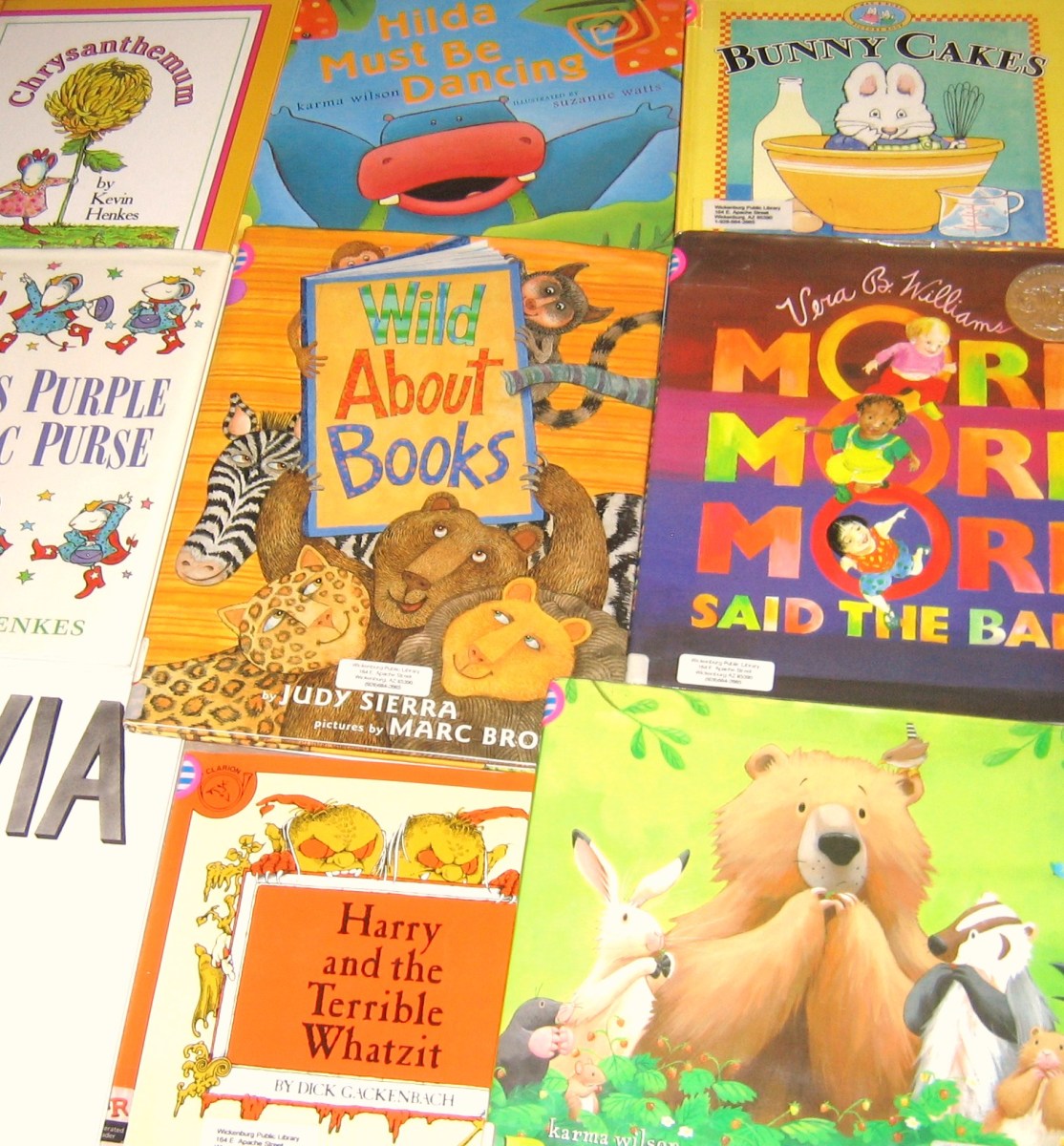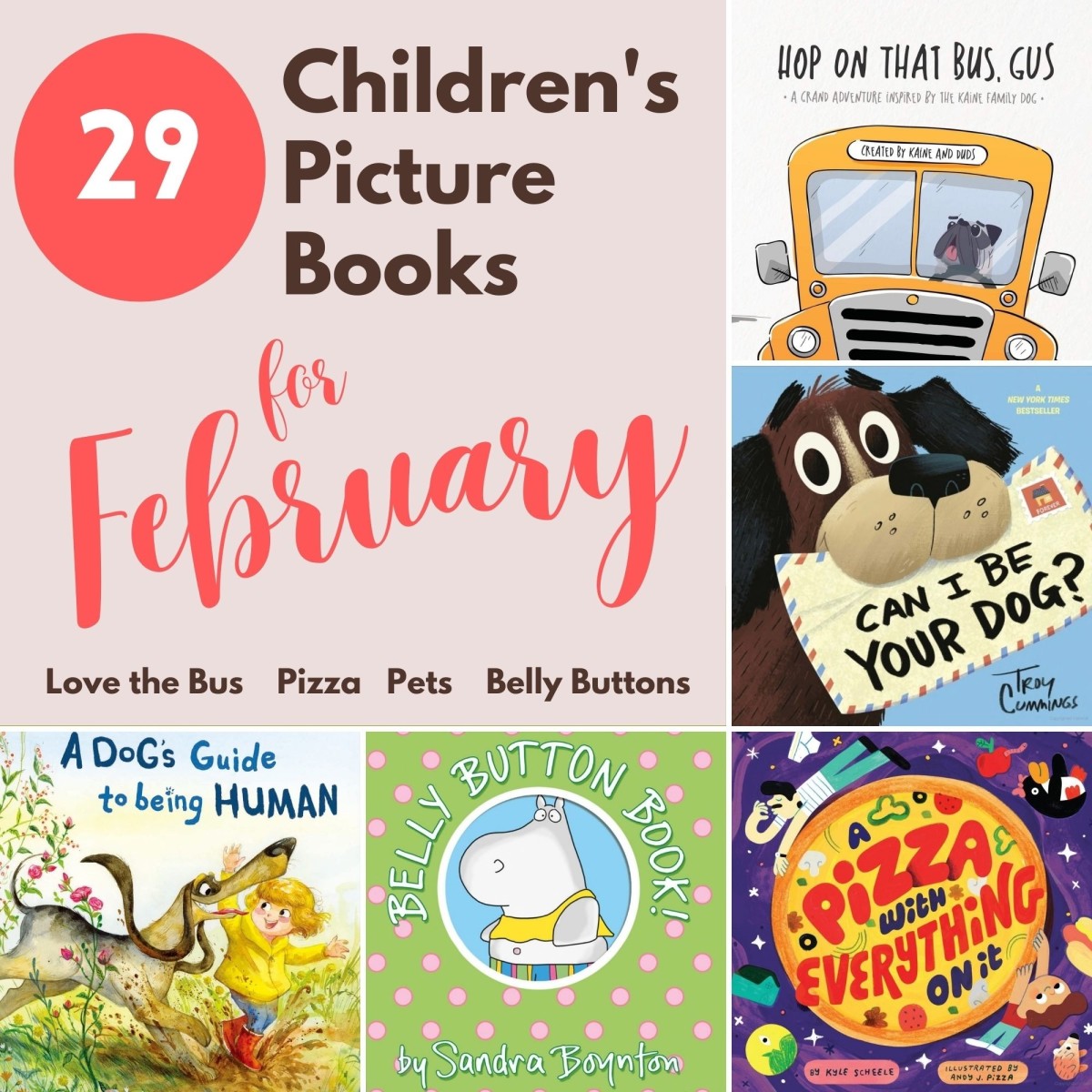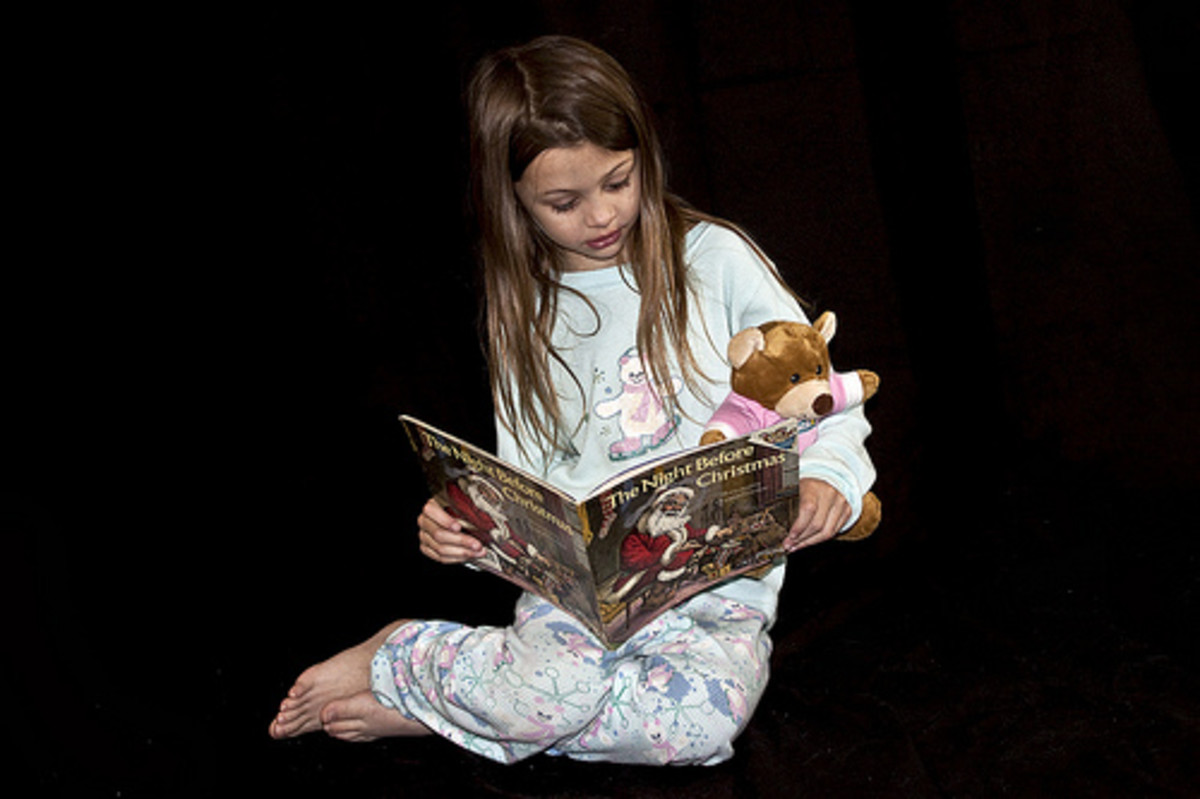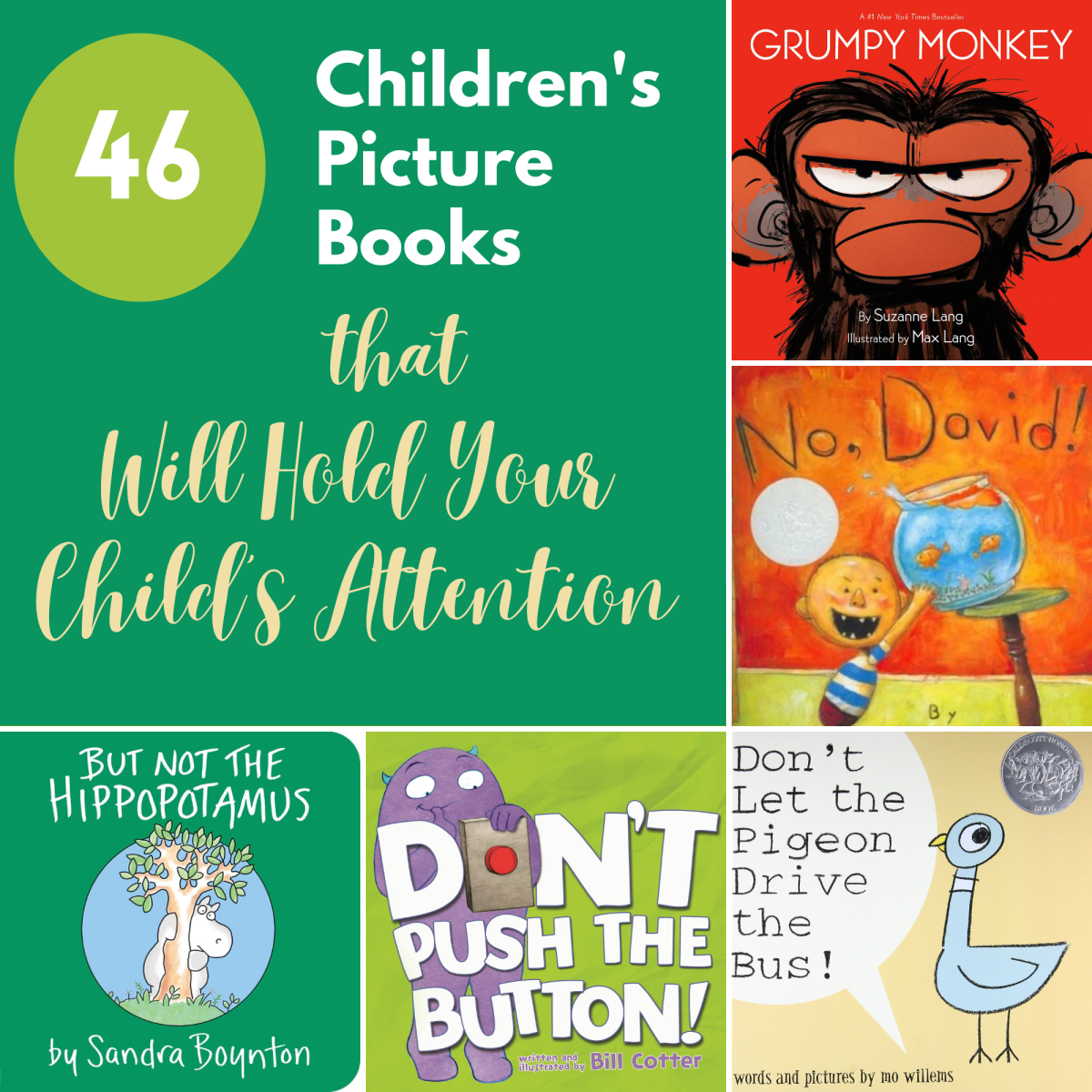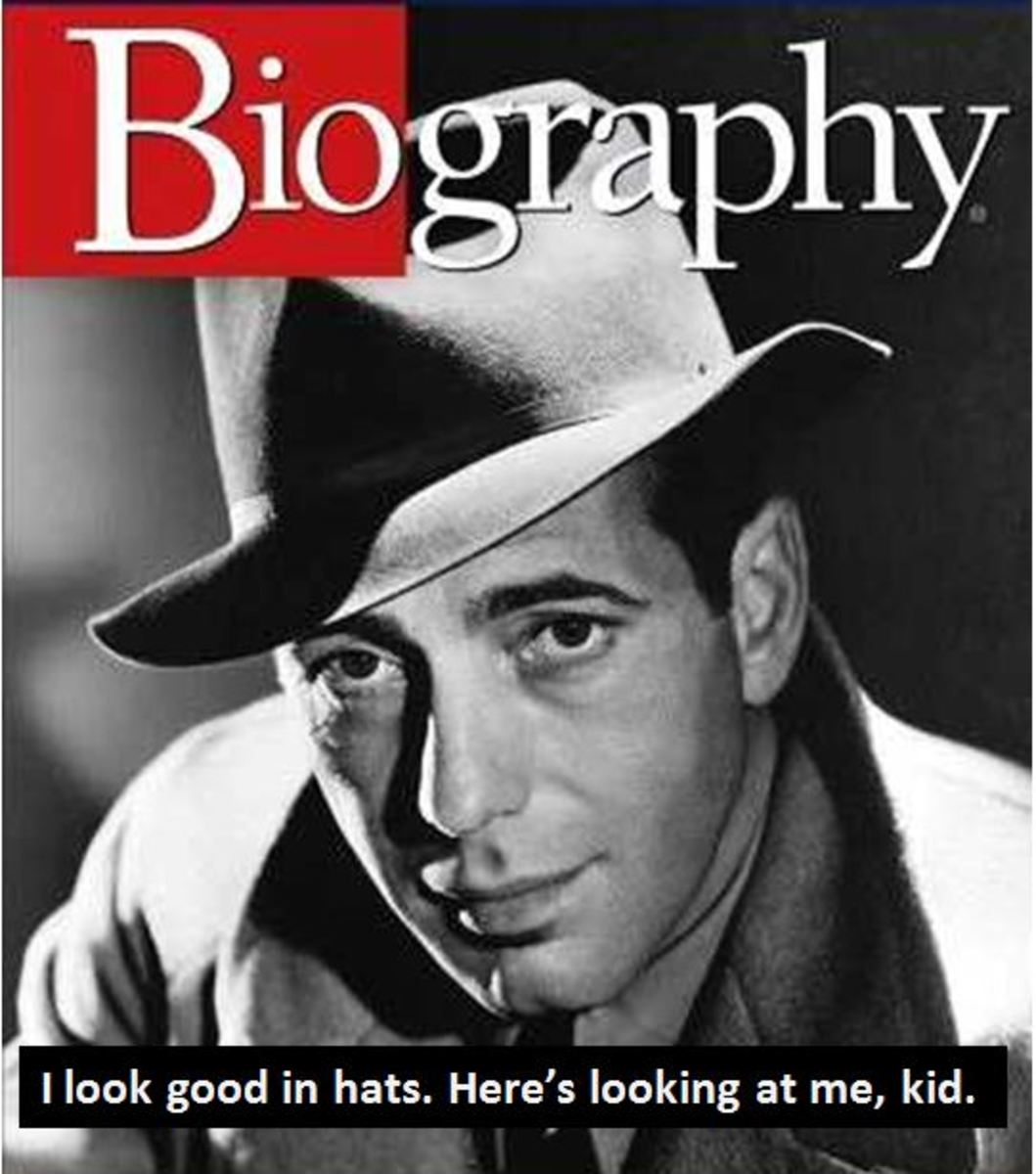Writing Kids Books, and Knowing What They Like
When Writing a Good Book
I am just finishing a children's book, aimed at kids between 4th and 6th grades. There are so many different things that an author must think about and remember when writing a book that is directed at children of a certain age, like what they are interested in, what vocabulary they will know and understand, and the length of the book, for if it is too long, no child will just pick it up for pleasure reading if they are going to consider it just too long , for they will automatically think that they will never finish it.
It has been so long since I was in the 4th and 5th grade, that I find it extremely difficult to remember what kinds of things held my interest at that age. For example, when I was in the 5th grade, was I interested in boys and boyfriends yet? Even if I was not personally interested in boys, would I have picked up a book that had the subject matter and story line that had boy and girl interaction as a main story? I do not remember reading any type of romance novels at that age, even ones aimed at the relationships between boys and girls that included playing tag, or spin the bottle, or things like that. I do remember one of my first interactions with boys, being the boy/girl dance that was the big thing at the end of 6th grade, and I remember that it was the very first time I had a dance with a boy of my own age, not just having a dance with my dad while standing on his feet.
So, if the boy and girl relationships come later, then perhaps also books including this subject matter would then appropriately also come later. I do remember reading quite a few of the mystery series of the Nancy Drew Detective titles.
I am fortunate in that at a very young age I was able to get enough of the credits needed to become a assistant librarian, which I believe was and has been the most helpful in regards to giving me a clue as to what subjects kids like, and at what ages. It is also very difficult at times to know what vocabulary kids have and at what ages. Sometimes I must go to the library and check out books of various age groups to know what the vocabulary is that I am aiming at, and how to know what type of sentence structure is most apt to be understood by kids at certain grade levels.
For an example of what my dilemma is, would it be properly understood by a boy in the second grade to explain the subject of planting seeds like this, or like this. Below find the two samples and see if you can guess what examples would be for what grade levels.
When someone wants to plant beans in your garden the first thing you must do is to dig up the soil at least 6 inches deep, making rows with your garden tool as you go along. After you have successfully done this, you want to plant each bean about 2 inches deep, and about 6 to 8 inches apart.
When planting a garden the first thing you must do is to dig up the soil. You must carefully pull out all the weeds, and break up the rocks in the soil. It is very important to make sure that the soil is all evenly smooth. Then, taking the beans one at a time, push them down into the dirt with your fingers, and looselycover each with a small handful of dirt.
Planting beans is an easy plant to grow. When you have the dirt loose and ready, take one bean at a time and put them into the dirt, and do not plant them too close together.
You can see the difference in how I explained the same procedure three different ways, allowing for not too many details for the younger kids, and giving the older ones a bit more complex directions and explanations. Explaining this to even younger kids would be even shorter and leaving possibly more room for error, but also letting the explanationsbe short with the details left to the mind of the child, for too much of an explanation will confuse him and won't be understood.
I wrote a six chapter book directed at 5th and 6th graders, about a camping trip, explaining the do's and don'ts of camping and why. For example, not feeding wild or injured animals, because it might be dangerous, and is not something that is done by boy scouts, or adult people who camp, for it is a good way to get your campground torn up by perhaps a bear, or even raccoons looking for more food, and finding you sleeping and attacking you, trying to get more food. To a younger person, even though explainingwhy you do not want to feed wild animals, it might not be a good subject to go into detail with a first grader, for it would probably just scare him, without giving him a good basis for why the rules are important.
It is, I believe the most difficult part of writing a story for children that is of a more complex content than just a picture book. Most picture books are always simple stories that teach the child something, and must almost always have a moral to the story. The basic storyline would be an introduction of characters, an explanation of what they are doing, and at the end a reason as to why they did what they did, and an end that tells them the right or correct way, why they did it like that, so that by the end of the story, they understand that the rules are a must for the safety of the characters, and must never teach them that it is a good idea, or even an option to not follow the rules for then the book might give them the idea that maybe, just maybe if they try this in their life, it could come out alright, tempting them to go and do things that they otherwise might not have ever thought of before reading the material.
Most publishers will not even consider publishing a kids book that has a storyline that goes against the rules, or might teach a child that doing something dangerous or wrong, might ever come out good in the end. Even books directed at an older audience of let's say 6th through 8th grade, when a child would know the difference between right and wrong themselves, might be rejected for reasons of being a bad influence or giving them a bad example of the way things need to be done. As a matter of fact, these are the main reasons why most books written for children get rejected, for the book must teach the child the right and correct way of doing things, not misleading them into thinking that in any scenario can this be a good thing to do. Especially books that leave the rules to their own imagination, will never be the publishers choice of material to publish.
Another reason for rejection, and probably the second most reason is that the manuscript is not written in a correct and proper format, or there are pages missing in the manuscript. If you are interested in having a good chance of having your material even considered, you should look up the completely proper manuscript form, and make sure that you follow it to the letter. Most manuscripts are expected to first have a letter of introduction, giving the publisher some insight as to who you are, and what your background is.; It is also the place where you need to give them a short synopsis of the book itself, like what the story is, in a very short version of only two or so paragraphs. This sometimes is the hardest part of the whole process, for depending on the story and how complex it is, it is not ever easy to sum it up in just a few sentences.
It also must have a title page, samples of illustrations, if you want these included, and then the story itself, typed to the specification of the publisher, like double spaced with margins of a certain size. Footnotes if they apply, must be included, and also a list of books used in a reference manner if this applies. It is something that is different for each book, for each is written according to context and content.
It is always best to get an example of what you need and follow it to the letter of the law so to speak, for any mistake, even the smallest, might cause your hard work to be filed in the circular file, and a reject notice to be mailed out to your address.
I am of the opinion that it is much harder, always much harder to write a children's book, than it is to write an adult novel for there are so many things to take into consideration. There are no age differences, vocabulary requirements, and so forth to even be considered when writing a book for an adult audience.
So, my advice is to properly look up any requirements, be sure you write, overwrite, and then edit for the best words you can use to describe your story, and above all, be sure that you have fun doing it. That almost sounds a little bit on the ridiculous side, but if you do not enjoy what you are doing, the people reading your work, will certainly not enjoy it, for your enthusiasm will show through, and will be reflected in your story.



